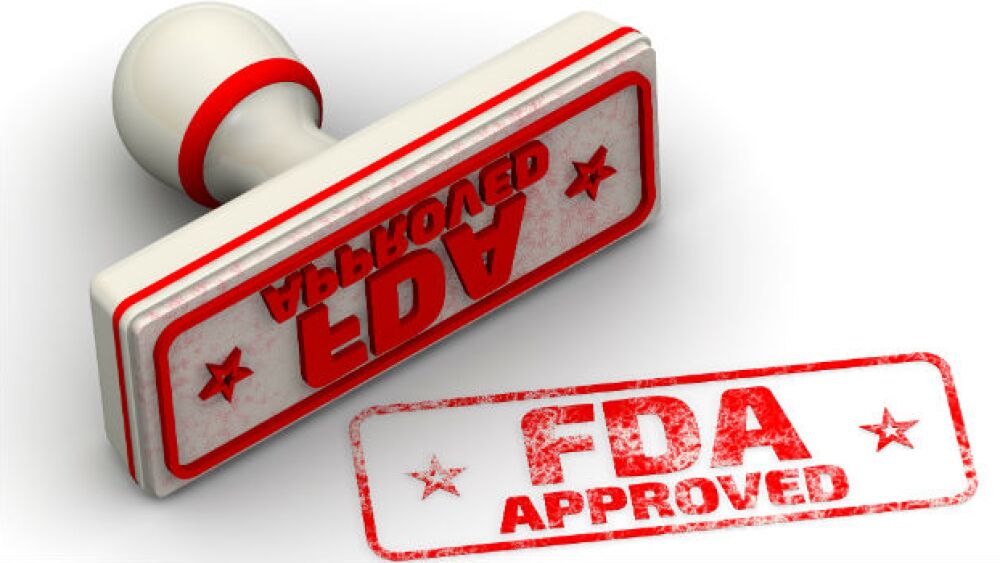Sorilux was approved for the treatment of patients age 12 and up.
The U.S. Food and Drug Administration (FDA) approved a new treatment for plaque psoriasis in adolescent patients. This morning Australia-based Mayne Pharma announced the regulatory agency gave the nod to its new foam medication, Sorilux.
Sorilux (calcipotriene) Foam, 0.005% was approved for treating plaque psoriasis of the scalp and body in patients aged 12 years and older. Sorilux was approved as a treatment for adults in 2010.
Psoriasis is a chronic disease of the immune system affecting approximately 7.5 million Americans each year. The most common form, plaque psoriasis affects roughly 80% of people who have the condition.
Mayne Pharma Chief Executive Officer Scott Richards called Sorilux an “elegant foam formulation” that is marketed alongside other psoriasis treatments in the company’s pipeline.
“Topical products are the mainstay of treatment for plaque psoriasis patients and the foam delivery platform has a well-established reputation with dermatologists due to ease of application and lack of greasiness and stickiness, especially in hair-bearing areas and under clothing,” Richards said.
In addition to Sorilux, Mayne Pharma also markets Lexette (halobetasol propionate) foam, 0.05% or the treatment of plaque psoriasis in adult patients. The FDA approved halobetasol foam in May 2018. It was only last month though, that a trade name for the medication was approved by the FDA. Mayne Pharma made Lexette available in the U.S. starting in February, prior to the approval of the trade name. Halobetasol foam is a potent corticosteroid used to treat plaque psoriasis. Mayne Pharma acquired the U.S. rights to Lexette in 2018.
Sorilux contains calcipotriene, which is a synthetic vitamin D analog that has a similar receptor binding affinity as natural vitamin D. However, the exact mechanism of action contributing to the clinical efficacy is unknown, the company said.
By the year 2022, the global psoriasis market is expected to be worth about $21 billion, particularly due to the fact that more patients are being diagnosed with a form of the disorder. Multiple companies have developed or are developing psoriasis medications, including Dermavant, Regeneron and Sanofi, AbbVie, Johnson & Johnson, Novartis and more. According to Grand View Research, the rate of psoriasis has seen a gradual rise over the years across various geographical locations, which is attributed to genetic and environmental triggers as well as lifestyle changes. The rise in prevalence rates could also be associated with declining response or developing resistance to therapies for disease control, the organization noted. In the United States, Mayne’s Richards noted that when Lexette was launched, the topical corticosteroid market for psoriasis in the U.S. was worth about $600 million. Topical corticosteroids are prescribed to approximately 80% of psoriasis patients.
Also this year, Mayne Pharma began to sell its fungal infection treatment Tolsura in the United States. Tolsura was approved by the FDA in December for the treatment of systemic fungal infections including blastomycosis, histoplasmosis and aspergillosis.





